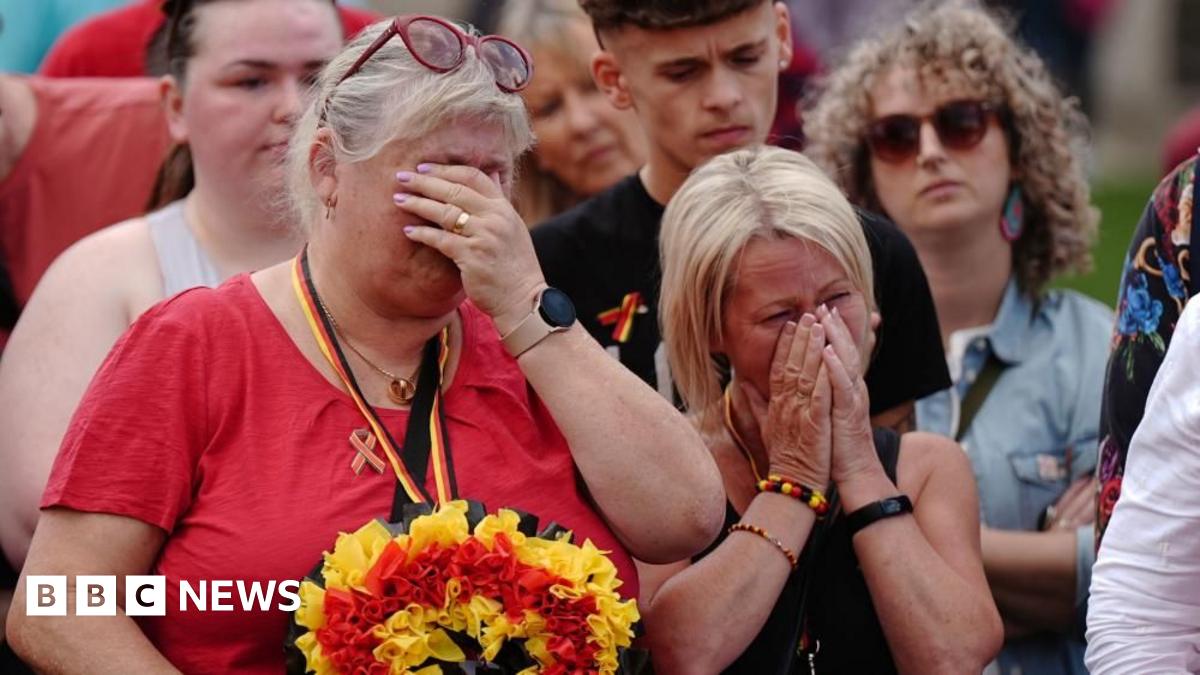The inquiry’s new report makes a series of recommendations including:
-
Victims should be allowed to apply for compensation, rather than waiting to be invited
-
Victims and family members who are seriously ill, older, or who have never received compensation should get priority
-
A series of “injustices” needed to be addressed by, for example, allowing some victims infected with HIV before 1982 to apply for compensation
-
NHS patients who were the victims of medical experimentation should receive extra payments
-
The system as a whole needs to be more transparent with more involvement of those infected and their families
Speaking at Westminster Chapel in central London to survivors and their families after his report was published, Sir Brian said a significant cause of the blood scandal was the belief that authorities knew best and people did not need to be consulted.
He said: “Decisions were made behind closed doors and when things went wrong people weren’t listening.
“It has happened again in the design of the compensation scheme. It will be a travesty to keep repeating these mistakes. People should not be kept at arms’ length.”
Kate Burt, chief executive of the Haemophilia Society, said: “Government’s failure to listen to those at the heart of the contaminated blood scandal has shamefully been exposed by the infected blood inquiry yet again.
“This failure is exhausting, damaging and is stripping this community of its dignity.”
Richard Angell, chief executive of the Terrence Higgins Trust, said: “We work with one family whose young son died three decades ago because of Aids-related illnesses caused by infected blood.
“His father now has dementia. It shouldn’t be too much for him to receive compensation whilst he can still remember his son.”
Rachel Halford, chief executive of the Hepatitis C trust, said the government had “delayed every action and routinely ignored the voice of the community; as a result, we have a poorly designed compensation scheme that does not reflect the harm done to thousands of people affected.”
